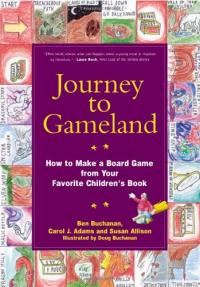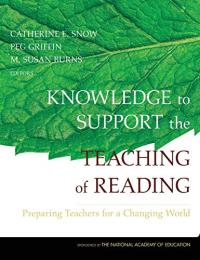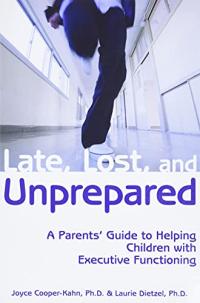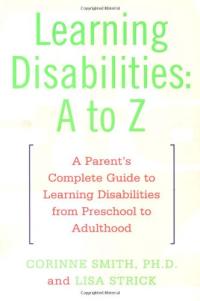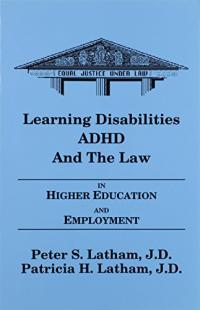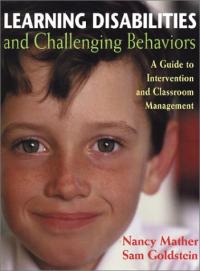
Joey Pigza Swallowed the Key
Joey is out of control. He knows it, his mom knows it, and the school knows it. Nothing seems to remedy his behavior until Joey runs away from a class field trip, hurts a classmate, and is sent to a special education program. There, his medications are regulated and Joey achieves a level of control.

